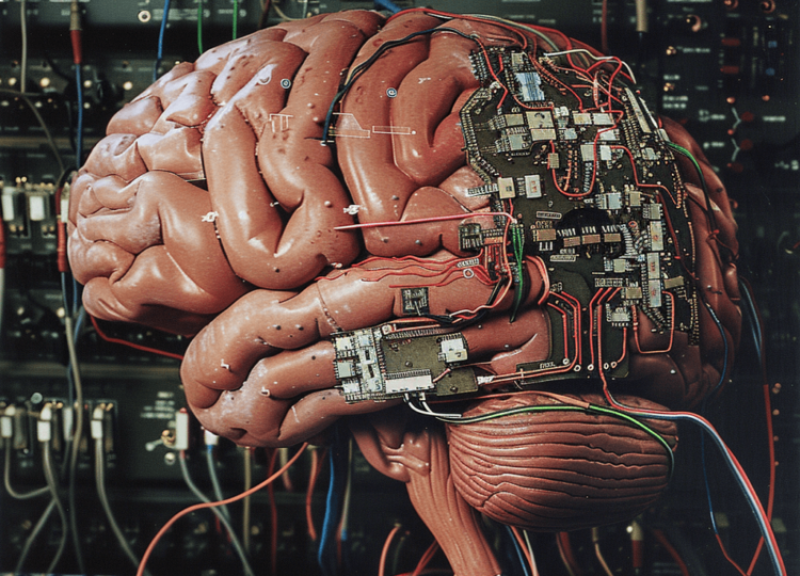The unit, developed by Precision Neuroscience, sat on the surface of Keefer’s brain for 25 minutes, reading his mind. During that time, he performed a series of exercises with his hands while engineers matched his brain signals to his movements.
The goal is to train a device that will give paralyzed patients the ability to operate a computer with their thoughts.
Precision is one of several companies vying to commercialize brain-computer interfaces, or BCIs. On [March 20], Elon Musk’s Neuralink introduced the first person implanted with its interface. In a nine-minute presentation streamed on X, Noland Arbaugh, a 29-year-old quadriplegic, used his thoughts to play a game of chess.
Physical movement originates with electrical signals in the brain that are passed through the spinal cord or brain stem, but when someone is paralyzed, the signals hit a dead end. BCIs provide a digital bypass, capturing the signals at the source and relaying the commands to a computer.































